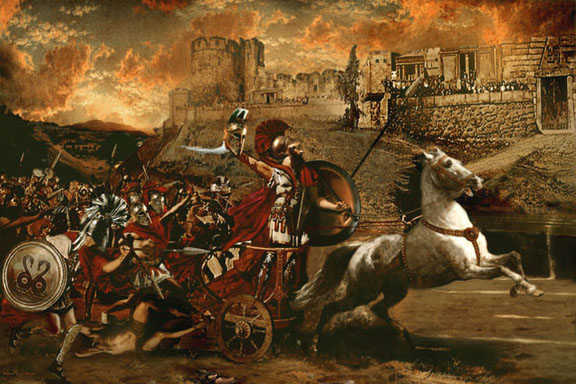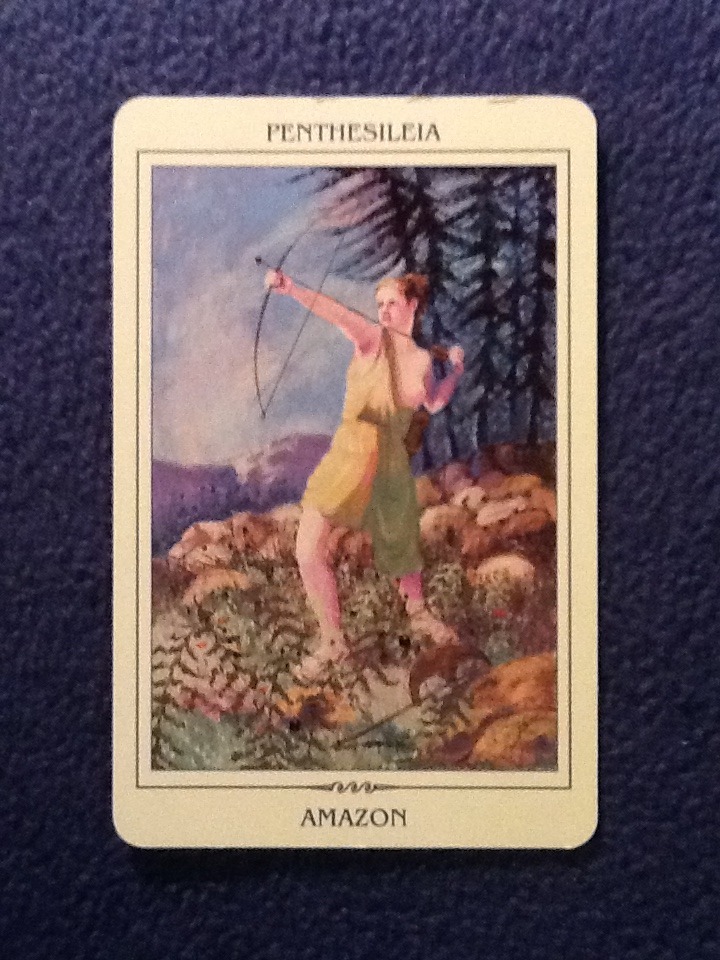Have we, as readers, become too literal in our interpretation of the written word?
I recently publish a poem in my writing community which was originally titled 'A White Clad Woman All Aflame', and was accompanied by the picture below.
A Suicide for the Strong by Sarah Ann Loreth
A white clad woman all aflame,
Deadly sparks dancing in her hair.
Burning with lies, secrets and shame,
Yet she stands still without a care.
Deadly sparks dancing in her hair,
Greedy red tongues licking her skin.
Yet she stands without a care,
On the brink of total ruin.
Greedy red tongues licking her skin,
But she gives not one single cry.
On the brink of total ruin,
And here she stands prepared to die.
But she gives not one single cry,
Burning with lies, secrets and shame.
And here she stands prepared to die,
A white clad woman all aflame.
I intended the poem to be a metaphor for the innocence we lose as we grow from children to adolescents, and then to adults. The 'white clad woman' is innocence, and she is being burned by the fire representing the challenges we face as we grow up, the 'lies, secrets and shame'. Eventually there will be nothing left of her, hence she stands 'on the brink of total ruin' and 'prepared to die' as we must all shed our innocence and step out into the wider world at some point in our lives. 'She gives not one single cry' because she understands that she has now served her purpose for this person in this world, and will go and bestow her gifts upon another.
So, this was my intention. I published the poem and then went away to read a book for a while, when I came back and checked my reviews, I was shocked when I read review after review saying how disturbing my poem had been, and how my reviewers could not imagine anyone setting themselves alight. What was obvious to me was not obvious to them. I quickly replied to all the reviews, explaining my intention, and changed the title of my work to 'Innocence is Burning' and explained my metaphors in the author's notes section.
But, here is what gets me.
Poetry lives on the metaphor. Without the metaphor, a poet cannot write, and when a reader takes a poem literally, they destroy the metaphor, and thereby destroy the work of the poet.
To illustrate my point further, I will use another example.
Take the poem
'Bright Star' by John Keats. Now, I know my poetry is certainly not in the same league as that of John Keats, but my point still stands. If you read
'Bright Star' literally, then we read John Keats' commentary on a star, which is very nice, but not the point of the poem. It is well known that Keats wrote the poem about Fanny Brawn, who he was deeply in love with, and not about a star. He uses the metaphor to compare her to a star, comparing her with the celestial bodies 'hung aloft the night', but we do not take his poem literally and say that John Keats was in love with a glowing ball of gas millions of miles away!
So, do you see my point? If poetry is taken literally, without the metaphor, it dies, plain and simple, and the day poetry dies will be a sad day for the human race.
~ Australian Kiwi
















